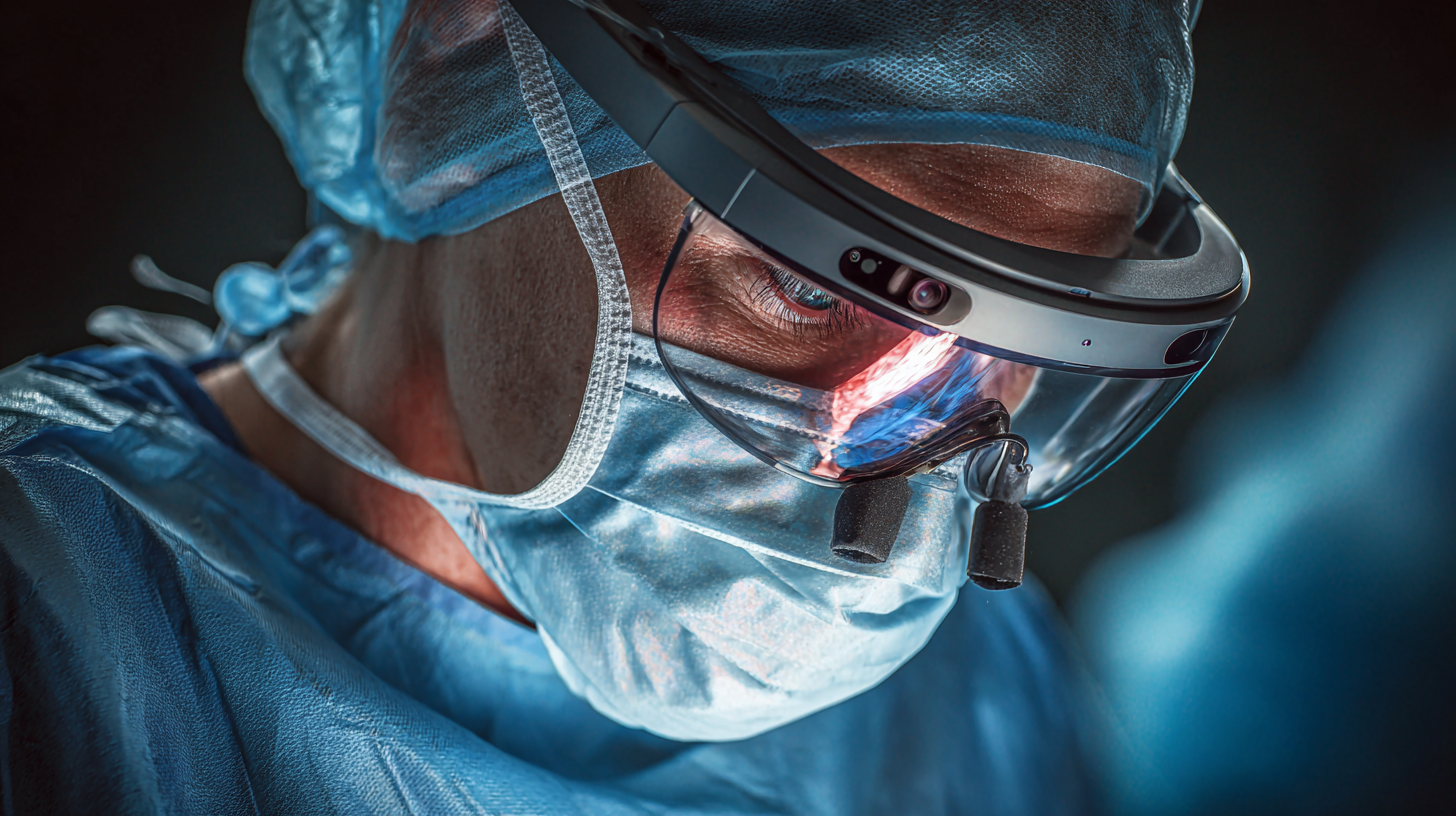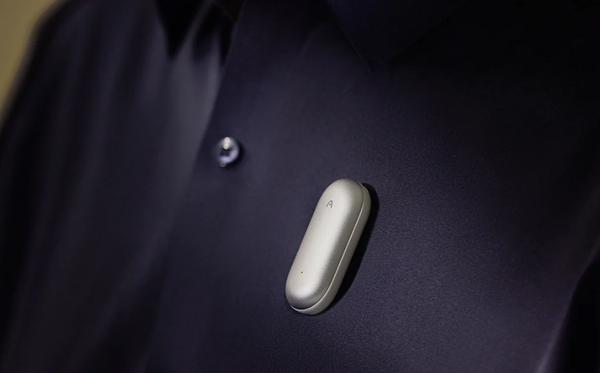Rush University Launches First-Ever Colonoscopy Study Using Apple Vision Pro

- Rush University will test a new integration of Apple Vision Pro and GI Genius during live colonoscopy procedures.
- Cosmo Pharmaceuticals will use study results to support an FDA submission for the first medical software of its kind on Apple Vision Pro.
Rush University Medical Center is initiating a clinical trial that combines Apple Vision Pro with GI Genius, an AI tool developed by Cosmo Pharmaceuticals. The technology enables physicians to access real-time insights within their field of view during colonoscopies, without diverting attention from the procedure.
The study will test an immersive setup that brings GI Genius to the Apple Vision Pro, providing physicians with real-time AI insights directly in their line of sight during colonoscopies. GI Genius uses AI to help spot colorectal polyps and has been shown to boost adenoma detection rates by up to 14.4%.
“We are thrilled to be the first in the world to bring this technology into the endoscopy suite,” Irving Waxman, MD, James R. Lowenstine Professor and chief of the Rush Division of Digestive Diseases & Nutrition, said in a news release. “What Cosmo has built by connecting GI Genius with Apple Vision Pro is extraordinary. It has the potential to revolutionize how we practice — by giving us AI-powered insights into exactly when and where we need them. This is not just an incremental improvement — it’s a complete reimagining of procedural medicine, and I’m proud that Rush is leading the way.”
Cosmo plans to use the study’s results as part of a forthcoming FDA submission. If cleared, the application would represent the first medical software of its kind authorized for use on Apple Vision Pro.
🌀 Tom’s Take:
AI and XR are a powerful combo in healthcare. AI helps surface patterns and support diagnosis fast, while XR keeps physicians hands-free and focused on the patient, without losing access to critical digital data.
Source: Rush University Medical Center




